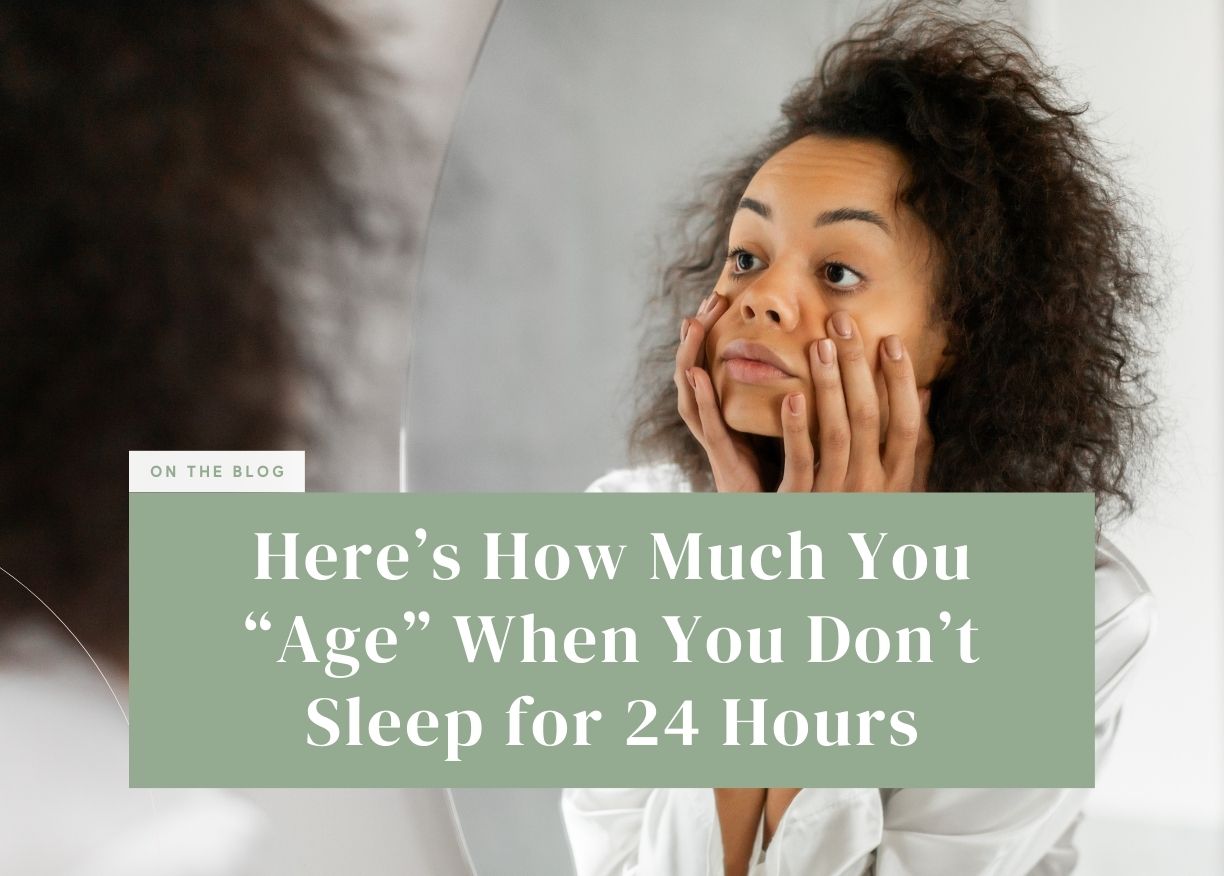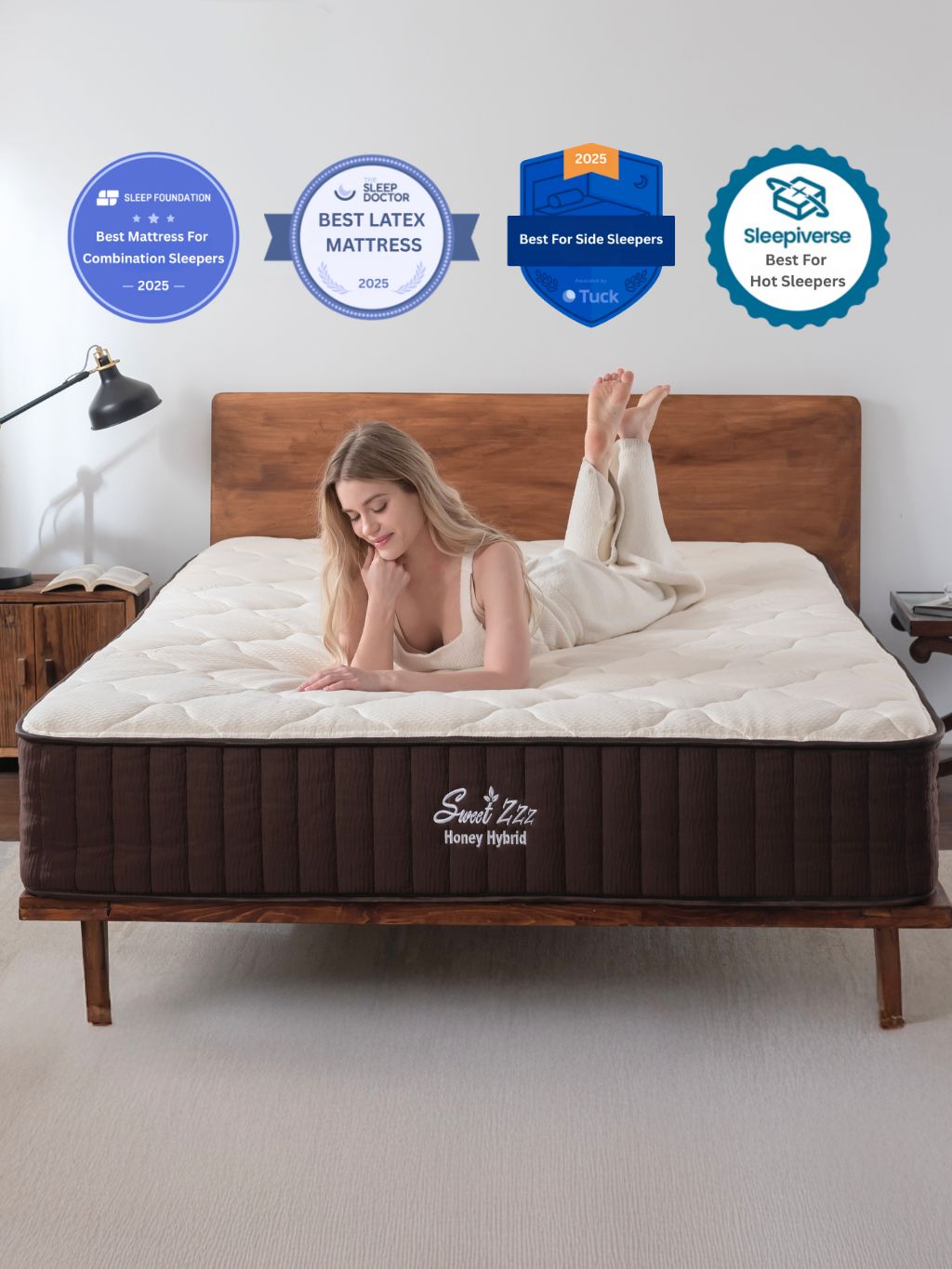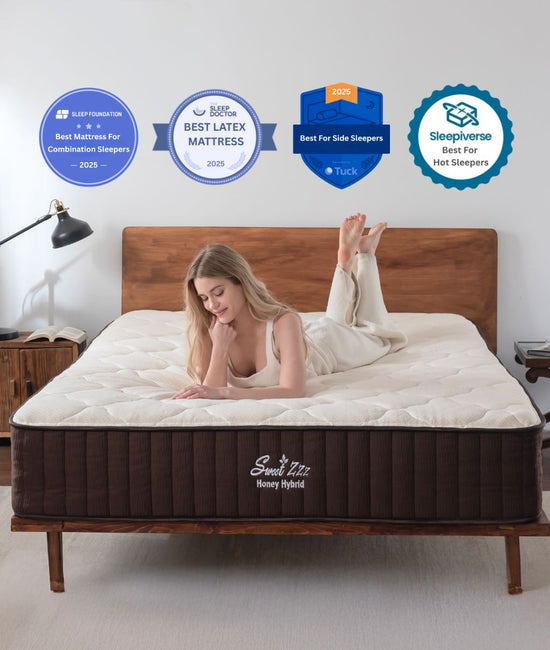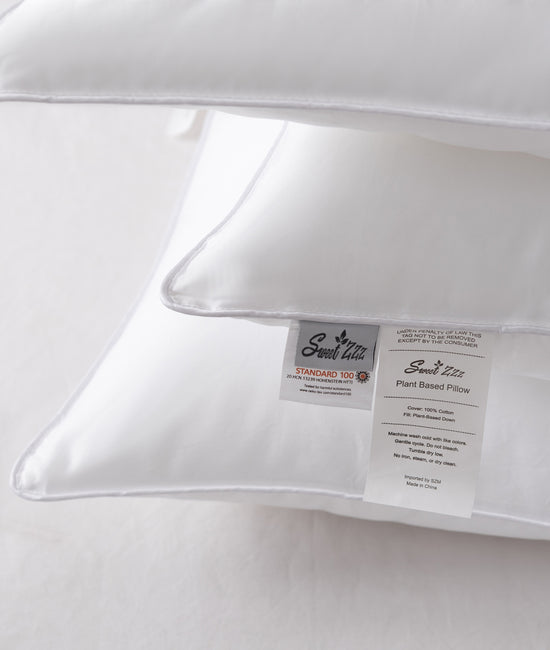Here’s How Much You “Age” When You Don’t Sleep for 24 Hours
You tell yourself you’ll power through.
One late night. Then another hour. Then it’s 3 a.m., and the sunrise catches you off guard.
Twenty-four hours awake.
You feel puffy. Fuzzy. Off.
And you wonder—half as a joke, half as a worry:
Did I just age a few years overnight?
Short answer: your brain can temporarily look 1–2 years older after a single all-nighter.
Long answer: that “aging” is measured by MRI and reverses after one night of recovery sleep. Think: a warning light, not permanent damage.
What “aging” means here (and what it doesn’t)

In 2023, researchers analyzed MRI scans with a machine-learning model that estimates brain age. After one full night without sleep, participants’ brains registered as 1–2 years older than baseline. After a normal night of sleep, those estimates snapped back. This isn’t your soul aging a decade or your birth certificate changing—it’s a temporary, aging-like shift in brain structure that the algorithm reads as “older.” Journal of Neuroscience+1Live Science
So, is one all-nighter “dangerous”? For most healthy people, the effect appears short-lived. The signal is cautionary, not catastrophic. But it also points to a bigger truth: sleep debt leaves traces—in brain structure, in gene activity, and in how fast the body really ages over time. PMC
What one rough night does to your biology

Even brief sleep loss stirs up measurable changes:
-
Brain-wide shifts that a model reads as ~1–2 “brain-years” older (again, reversible). Journal of Neuroscience
-
Gene expression changes across hundreds of pathways after insufficient sleep—metabolism, immune signaling, circadian timing—showing your system is working harder to compensate. PMC
-
Skin signs of accelerated aging in poor sleepers: more fine lines, uneven tone, weaker barrier recovery—less “repair mode,” more “catch-up mode.” PMC+1
None of that means one bad night ruins your health. It means sleep is active maintenance, not downtime your body can easily skip.
When short nights become a pattern
The quick, reversible “brain-age” bump after an all-nighter is one thing. Chronic short sleep is another.
-
Older adults with short sleep or insomnia show faster ticking on modern epigenetic aging clocks (GrimAge; DunedinPACE), a sign their biological age—not just their bedtime—is running hot. PMC
-
In a cohort of new mothers, severe sleep loss in the first six months postpartum was linked to +3 to +7 years higher biological age markers. That is not destiny—but it is a siren. UCLA
The thread is consistent: the more we live out of rhythm with sleep, the more our biology starts to act older—from molecules to mood to metabolic risk. PMC
So… how much did you “age” last night?

Here’s the honest, science-faithful breakdown:
-
After ~24 hours awake: your brain MRI may resemble someone 1–2 years older, on average. The effect reversed after one night of normal sleep in the study. Journal of Neuroscience+1
-
Not permanent aging: It’s an appearance captured by an algorithm, not proof your brain permanently aged. Think “temporary swelling” in the data, not years shaved off your timeline. Journal of Neuroscience
-
Repeat it often? That’s when downstream markers—gene expression, epigenetic age, cardiometabolic risk—start to move in the wrong direction. PMC+1
Translation: a single all-nighter won’t break you. A habit of them starts to bend your biology.
Your rapid reset (the part everyone skips)
The same study that found the 1–2 “brain-years” also showed the fix: one recovery night brought brain-age estimates back to baseline. Build that into your life.
Do this after an all-nighter (or a too-late night):
-
Anchor wake time. Get up within an hour of your normal time; don’t sleep until noon.

-
Morning light + movement. Go outside for 10–20 minutes; a short walk helps realign your clock.

-
Caffeine window. Use it early; stop by early afternoon.

-
Evening cool-down. Dim lights 2 hours pre-bed; keep the room 60–67°F; skip late-night HIIT.

-
Recovery sleep tonight. Target your regular bedtime; if you’re nodding off, go 30–60 minutes earlier. Journal of Neuroscience
Make deep sleep easier to say “yes” to
Consistency is simpler when your bedroom does half the work:
-
🌿 Honey Hybrid Organic Mattress — breathable latex + supportive coils to keep your spine aligned so your body isn’t micro-arousing to adjust all night.
-
🌿 Plant-Based Pillow — stable loft for neck alignment (side and back sleepers), cutting down tension headaches and morning stiffness.
-
🌿 Bamboo Sheets — naturally cool and smooth, helping you stay in deeper stages instead of tossing from heat spikes.
When your setup reduces heat, pressure points, and noise, your sleep drive doesn’t have to fight your environment to do its job.
Final thoughts
One all-nighter can make your brain look a couple of years older on a scan—
and one good night can give those “years” back. Journal of Neuroscience
That’s the story here: sleep is reversible biology.
Treat it like maintenance, not a luxury. Guard it most on busy weeks. And when you slip (because life happens), give your body the recovery it’s built to use.
Tonight, you don’t have to chase youth.
You can sleep some of it back.









